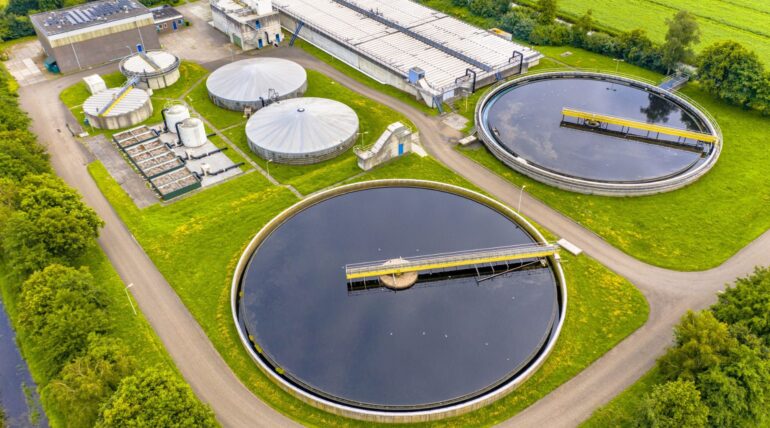Water is a precious resource, and as global populations continue to rise, managing wastewater becomes a critical challenge. Sewage treatment plants (STPs) play a vital role in ensuring the safe disposal and treatment of wastewater, protecting the environment, and preserving the quality of our water sources. In this blog post, we will explore the significance of sewage treatment plants, their functioning, and the environmental benefits they offer.
The Importance of Sewage Treatment Plants
Sewage treatment plants are essential infrastructure that helps address the environmental impact of human activities. As wastewater from households, businesses, and industries is collected and treated, STPs prevent pollution of rivers, lakes, and oceans, safeguarding ecosystems and public health. STPs also enable the recovery of resources such as water, energy, and nutrients, supporting sustainable practices and reducing reliance on freshwater sources.
Treatment Process
The treatment process in sewage treatment plants involves several stages that collectively remove contaminants and transform wastewater into a safer form. The primary treatment phase involves the physical separation of solid materials from the liquid, typically through processes like screening and sedimentation. This step removes larger debris and allows for the extraction of materials like grease and oils.
Next, the secondary treatment phase focuses on biological processes, where microorganisms break down organic matter, further reducing pollutants. Aeration tanks and biological filters facilitate the growth of beneficial bacteria and other microorganisms that actively consume organic compounds.
In advanced treatment, tertiary processes are employed to further enhance the quality of treated water. Techniques like filtration, disinfection, and chemical treatment effectively remove remaining suspended particles, nutrients, and harmful microorganisms, ensuring that the water meets the required quality standards.
Environmental Benefits
Sewage treatment plants offer numerous environmental benefits, contributing to a sustainable future:
- Water Reclamation: Treated wastewater can be reused for various purposes like irrigation, industrial processes, and even replenishing natural water bodies. This reduces the strain on freshwater sources and supports water conservation efforts.
- Nutrient Recovery: Sewage contains valuable nutrients like nitrogen and phosphorus. Through advanced treatment techniques, STPs can recover these nutrients, which can be utilized as fertilizers or in other industrial applications, minimizing the need for synthetic alternatives and reducing environmental pollution.
- Reduction in Water Pollution: By effectively treating wastewater before its discharge into natural water bodies, STPs prevent the contamination of aquatic ecosystems. This protects marine life, preserves biodiversity, and ensures the health and safety of humans who rely on these water sources.
- Energy Generation: Some sewage treatment plants employ innovative technologies like anaerobic digestion to generate biogas, a renewable energy source. Biogas can be used to generate electricity or heat, reducing reliance on non-renewable energy and contributing to a greener energy mix.
- Climate Change Mitigation: Proper treatment of sewage reduces the release of methane, a potent greenhouse gas, into the atmosphere. Methane is generated when organic matter decomposes anaerobically in untreated wastewater. By capturing and treating this gas, STPs play a crucial role in mitigating climate change.
Conclusion
Sewage treatment plants are indispensable components of our infrastructure, addressing the challenges posed by wastewater management while promoting environmental sustainability. By effectively treating and reclaiming wastewater, STPs protect water resources, reduce pollution, and enable the recovery of valuable resources. As we strive for a sustainable future, the development and expansion of sewage treatment plants, along with continuous technological advancements, will play a pivotal role in ensuring a cleaner and healthier environment for generations to come.
Mauris non dignissim purus, ac commodo diam. Donec sit amet lacinia nulla. Aliquam quis purus in justo pulvinar tempor. Aliquam tellus nulla, sollicitudin at euismod nec, feugiat at nisi. Quisque vitae odio nec lacus interdum tempus. Phasellus a rhoncus erat. Vivamus vel eros vitae est aliquet pellentesque vitae et nunc. Sed vitae leo vitae nisl pellentesque semper.
